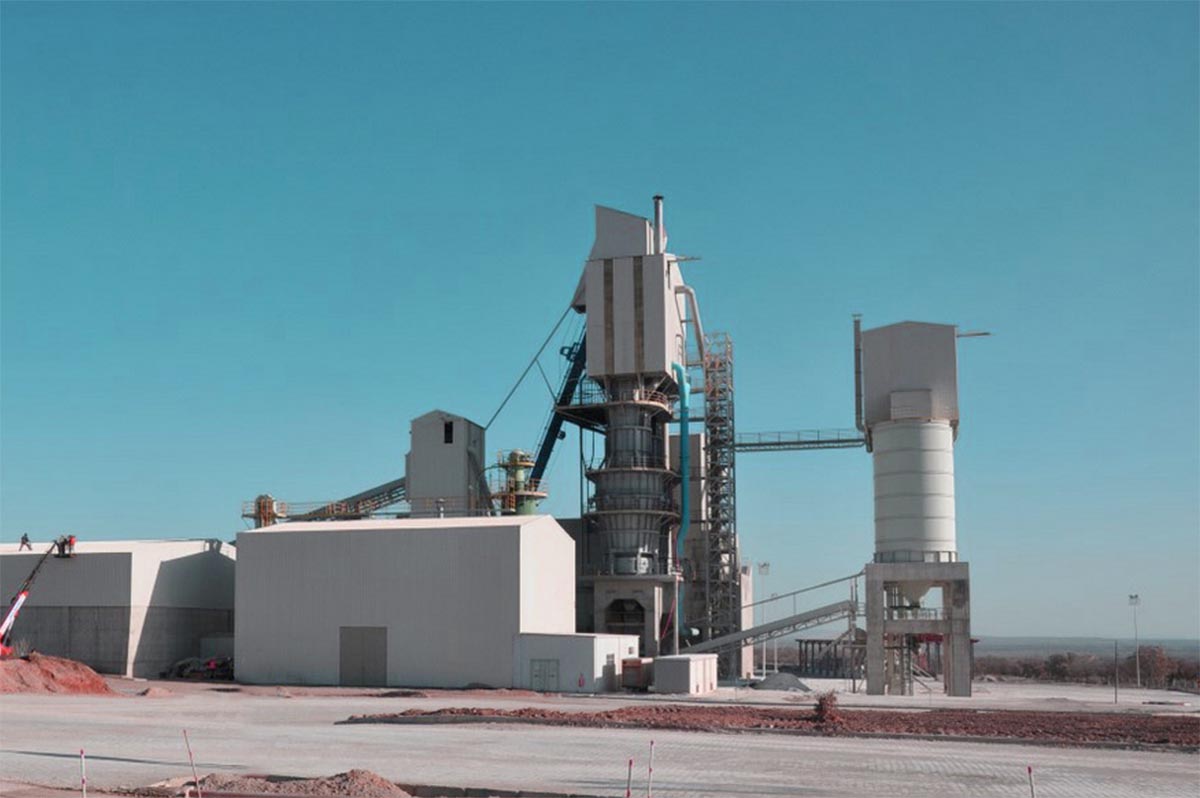



In the process of steel production, lime plays an indispensable role as an important raw material and flux. As a key equipment for producing lime, the selection of lime kilns has a significant impact on the operational efficiency, product quality, and environmental performance of steel plants. This article will delve into the key factors that steel plants should consider when choosing lime kilns, and compare and analyze common types of lime kilns, aiming to provide scientific and reasonable selection strategies for steel plants.

1、 Analysis of the demand for lime kilns in steel mills
Efficient production: Steel production requires a huge amount of lime, so lime kilns need to have efficient production capacity to meet the production needs of steel plants.
Product quality: The quality of lime directly affects the quality of steel products, so lime kilns need to be able to produce high-purity and highly active lime.
Environmental performance: With the increasing strictness of environmental regulations, steel plants also need to consider their environmental performance when choosing lime kilns to ensure that waste gases, wastewater, and other pollutants in the production process can be effectively treated. Operating costs: The operating costs of lime kilns are also important factors that steel mills need to consider, including equipment investment, operation and maintenance costs, and energy consumption. 3、 Common types and characteristics of lime kilns
Vertical kiln
Vertical kiln is a type of lime kiln with a long history, characterized by a vertical kiln body, a feeding port at the top, and an ash outlet at the bottom. Vertical kilns have the advantages of simple structure, convenient operation, and small footprint, but their production efficiency is relatively low, making them suitable for small-scale production. In addition, vertical kilns also have drawbacks such as high kiln height, large footprint, and limited production scale.
Rotary kiln
A rotary kiln is a rotary lime kiln with a cylindrical body and a refractory lining inside. Limestone is added from the kiln head, and as the kiln rotates, the limestone is uniformly heated and decomposed inside the kiln. Rotary kilns have the advantages of high production efficiency, low energy consumption, and flexible operation, and are widely used in large-scale lime production. However, rotary kilns also have drawbacks such as large kiln body length, large footprint, and high construction investment.

Double chamber lime kiln
Double chamber lime kiln is a new type of lime kiln, and its unique structure and performance can better meet the needs of steel plants for burning lime. The combustion chamber and calcination chamber of a dual chamber lime kiln are independent of each other. The fuel is fully burned in the combustion chamber, and the heat generated can be directly transferred to the limestone in the calcination chamber, enabling it to be fully calcined. This structure enables the full utilization of fuel, reduces waste, and improves the efficiency of limestone calcination. In addition, the unique design of the calcination chamber in the dual chamber lime kiln can better improve the activity of lime. Due to the high thermal energy utilization rate of the dual chamber lime kiln, limestone can reach a higher temperature during the calcination process, thereby better improving the activity of lime. The dual chamber lime kiln also has advantages such as stable product quality, high degree of automation, and low labor intensity. Gas fired kiln and electric fired kiln
Gas fired kiln is a type of lime kiln that uses gas as fuel. It has the advantages of high combustion efficiency and good environmental performance, but the equipment cost is high, making it suitable for situations with high environmental requirements. Electric kiln is a type of lime kiln that uses electric energy for heating, which has advantages such as environmental protection, cleanliness, and easy control. However, it consumes a large amount of energy and has a high cost.
2、 Strategies for Steel Plants to Choose Lime Kilns
Selection based on production scale: When choosing a lime kiln, steel mills should choose the appropriate kiln type according to their own production scale. For large-scale production, rotary kiln or double chamber lime kiln can be chosen; For small-scale production, vertical kilns or gas fired kilns can be chosen.
Considering product quality and environmental performance: When choosing a lime kiln, steel mills should fully consider product quality and environmental performance. Choose a kiln type that can produce high-purity and highly active lime, and ensure that the waste gas, wastewater, etc. during the production process can be effectively treated.
Consider operating costs: When choosing a lime kiln, steel mills also need to consider operating costs. Including equipment investment, operation and maintenance costs, and energy consumption. Kiln types with lower operating costs and higher cost-effectiveness should be selected.
Comprehensive consideration of technological maturity and reliability: When choosing a lime kiln, steel plants also need to consider technological maturity and reliability. Choose a kiln type with mature technology, stable performance, and high reliability to ensure the smooth progress of the production process.
When choosing a lime kiln, steel mills should fully consider factors such as production scale, product quality, environmental performance, and operating costs. Through comparative analysis of common types of lime kilns and case studies, it can be seen that double chamber lime kilns have obvious advantages in efficient production, high activity lime, and stable product quality. Therefore, double chamber lime kilns are one of the ideal choices for steel plants.